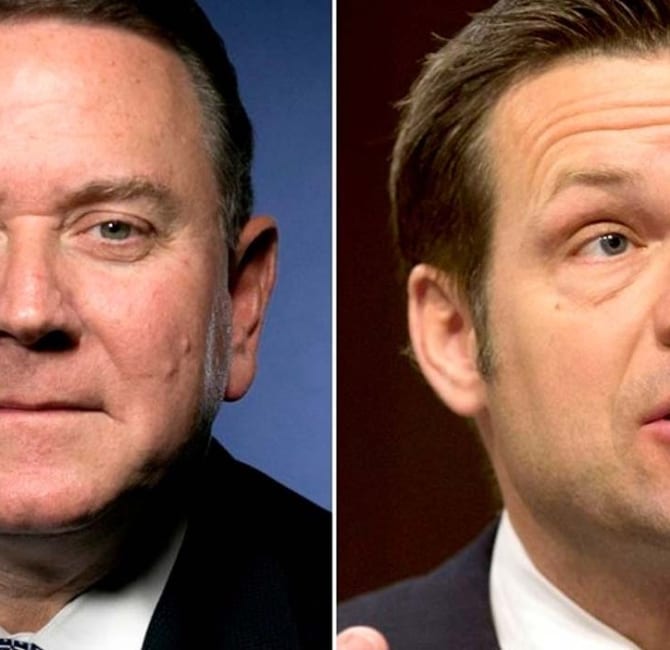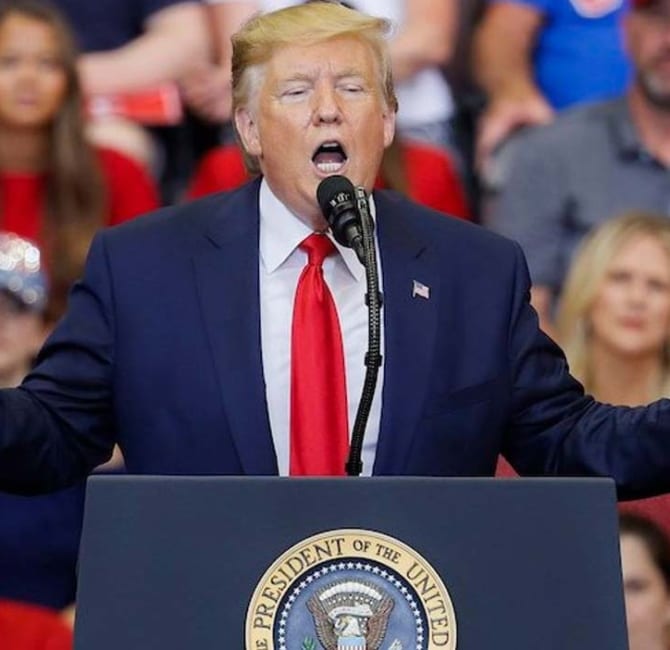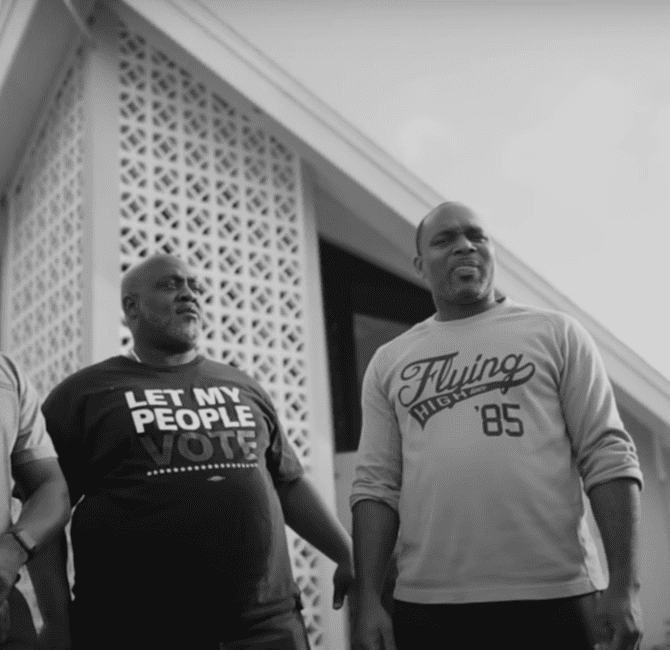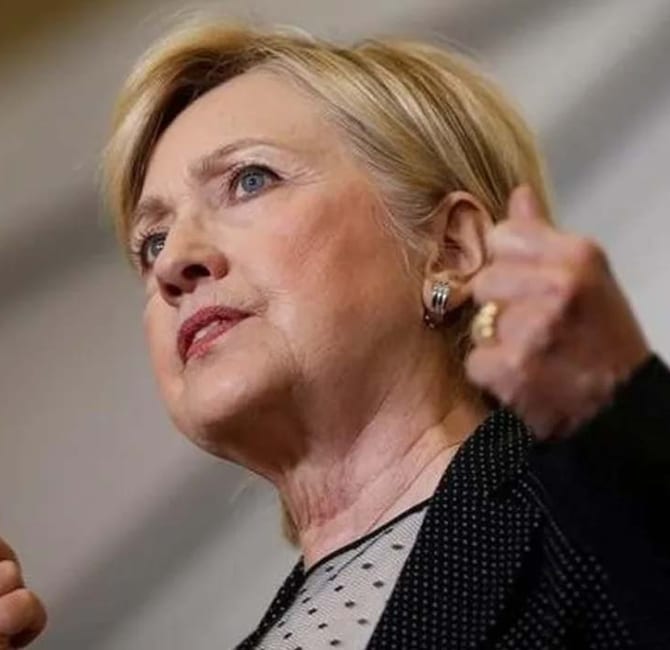Senate Democrats Demand End to Filibuster and Voter Suppression, But GOP Balks
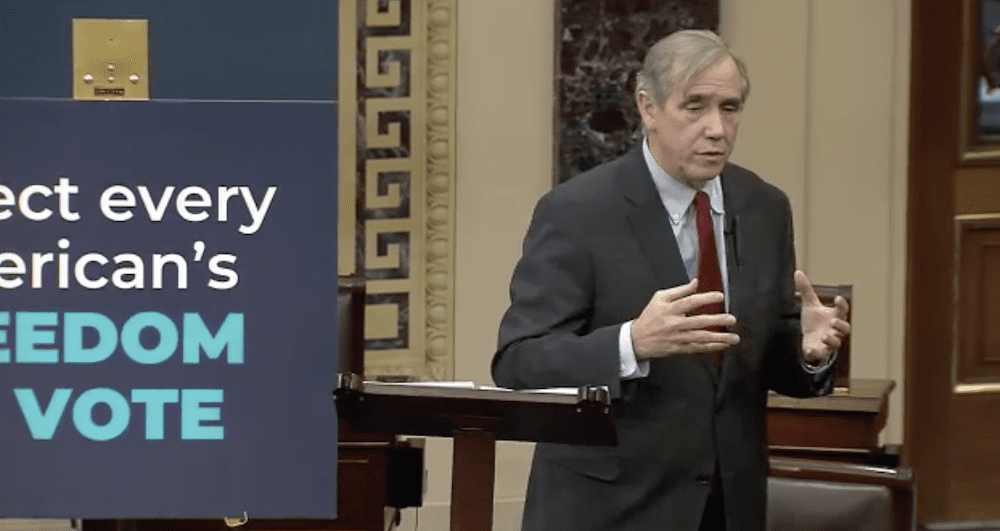
(Image: www.senate.gov/legislative/floor_activity_pail.htm)
Democratic senators cited moral and historic imperatives to pass federal voting rights legislation and reform the body’s filibuster rule on Tuesday. But Republicans countered the civil rights bills and rule change were draconian overreactions that would prompt more civil strife.
“We are well within our rights as federal lawmakers to write and pass these bills,” said Sen. Chris Van Hollen (D-MD). “We know there are 16 Republican senators here today who voted in 2006 to reauthorize the Voting Rights Act.”
“Calling someone a racist and a traitor is not the normal logical route to try to persuade one to come over to your side,” said Sen. Dan Sullivan (R-AK), referring to President Biden’s speech last week urging passage of the legislation. “Why should we listen to you? Why should any American take you seriously?”
The opening skirmishes were a prelude to a vote on Wednesday on legislation that could roll back 34 laws passed in 19 states in 2021 that complicate the voting process at key stages, and, in Georgia, empower Republicans to potentially overrule popular vote results. Hovering above the legislation was reforming the so-called filibuster, which is the body’s rule that requires 60 senators to agree to end debate to a bill can come to a vote.
Historically, the threat of endless debate has been a way to kill bills, especially those expanding civil rights. In recent years, however, the filibuster has evolved to the point where unless 60 senators are present and willing to vote, legislation will die. Democrats decried that reality, saying that it allowed opposing senators to duck debate and avoid stating their views on all kinds of controversial legislation, from gun safety to raising the minimum wage.
“Under the no show, no effort, invisible filibuster that we’ve had since 1975, the majority of either side says, ‘You know, if I can get 41 of our minority members to agree not to close debate, and all they have to do is not even show up to vote, or show up to vote if they like and vote no, then the majority can never get anything done,’” said Sen. Jeff Merkley (D-OR).
The rule change the Democrats will bring up on Wednesday would allow opponents of any bill to delay a vote as long as they are talking on the Senate floor. Sen. Dick Durbin (D-IL), said the Democrats would be seeking to impose a “talking filibuster,” after which the bill under consideration could pass with a simple majority, which is 51 votes, not 60 votes.
“People out there need us to do our jobs,” said Sen. Amy Klobuchar (D-MN), after listing major legislation that Republicans repeatedly have refused to debate, including voting rights. “And maybe that’s more important than some archaic rule that someone is now abusing.”
But the Senate Republican leader, Mitch McConnell of Kentucky, sneered at the Democrats’ criticism of the filibuster. He recounted many times where Democrats had praised its use and went on to say that voting rights and American democracy was not imperiled.
“We have a sitting president of the United States shouting that United States senators are on the side of [mid-1960s Birmingham Alabama commissioner of public safety] Bull Connor and [1860s Confederate president] Jefferson Davis for refusing to shatter the Senate,” said McConnell. “Was the Senate created to make these kinds of factional fevers worse, or to help break the fevers? Does the Senate exist to help narrow majorities double-down on divisions or to force broad coalitions to build bridges?”
Despite such rhetoric, Democratic senators repeatedly had to pause Tuesday for a “quorum call,” meaning that they were making speeches to an empty chamber and could not continue until more members were present. That reality underscored the Democrats’ critique that the filibuster had eviscerated the Senate’s supposed reputation as a great deliberative body.
When it came to the pending election reforms, Republicans repeatedly said that states were within their constitutionally guaranteed rights to police the electoral process as they see fit and said that many blue-run states offered fewer voting options than red-run states like Georgia.
“Although Democrats like to call out Republicans for trying to suppress voting, the states they control in the Northeast make casting a ballot more difficult than anywhere else, Sullivan said.
But Merkley countered that the U.S. Supreme Court’s eviscerating of the Voting Rights Act’s major enforcement provisions in 2013 overlooked a “significant blemish in our elections.” He then explained how local election procedures that the Voting Rights Act previously had blocked played out in a manner that suppressed voter turnout.
“On Election Day, in certain states and certain precincts, there was a game being played to make it harder for some citizens to vote than other citizens to vote,” Merkley said. “And the game worked like this. If you have an area where you want low turnout, you just need to create a big precinct so there’s a lot of people who need to go to that place to vote. And if you have the desire to encourage the people in another precinct to vote, a white precinct, you create smaller precincts, so the voting line won’t be as long.”
“And then there were other tricks, like, for example, understaffing the voting precinct where it is predominantly Black Americans, to make it harder for them to vote, and making sure you staff really well the precincts where you want white Americans to vote. And there were other tricks as well, for example, relocating the voting location in the Black precinct, so that people go to the wrong place. Or putting it where parking is virtually impossible. Or putting out false information about the date and location of the voting.”
Merkey noted that two major developments in 2020 in reaction to the pandemic – allowing voters to receive their ballots by mail, and offering the option to vote in person before Election Day – countered these disruptive and disenfranchising tactics.
“These two tools really opened the doors to the election process in the last [federal] election,” he said. “And the response of my Republican colleagues was, ‘Oh, no. We can’t let that happen. We don’t want those people to vote. We better rein in vote by mail. We better rein in voter registration.’”
On Wednesday, the Senate will continue its debate on voting rights and whether the filibuster will be reformed to spark public debates and votes where simple majorities can pass legislation.
“Right now, under our rules, it’s possible for 41 senators representing 21 states and 11 percent of the United States population to block the will of 50 senators representing 84 percent of the U.S. population,” said Van Hollen. “Think about that: Under our current rules, senators representing a small percentage of our population, 11 percent, can block the will of the majority.”



